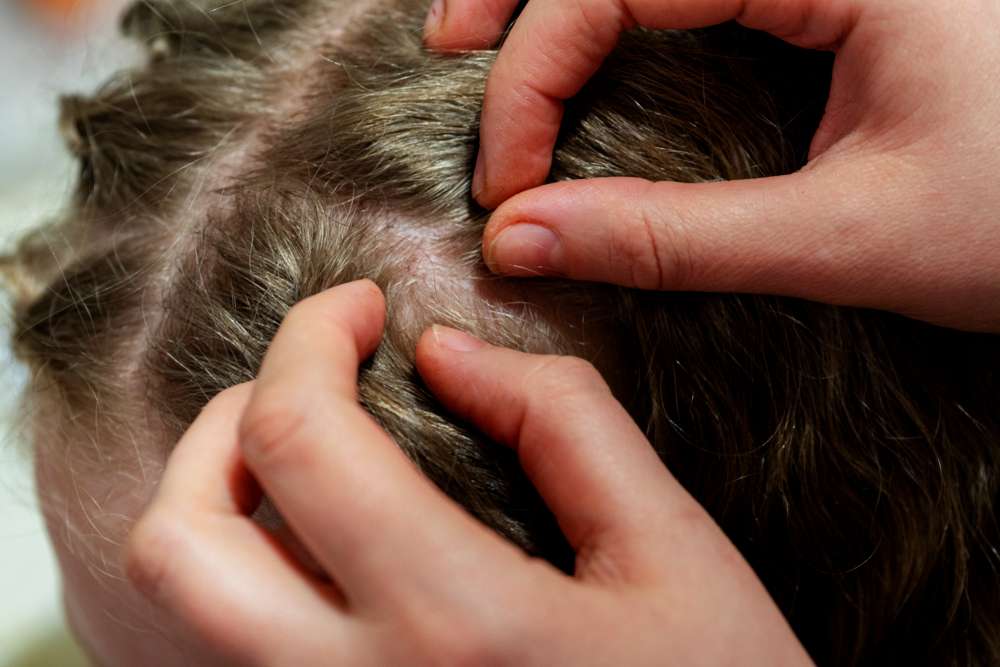Managing Scalp Psoriasis: Treatments, Care & Costs
Scalp psoriasis affects millions and causes red, flaky patches that can be uncomfortable and emotionally distressing. While there is no cure, a variety of topical, systemic, and lifestyle approaches can control symptoms. This guide outlines effective treatments, scalp-care tips, and cost considerations to help you find the best management plan for scalp psoriasis, including medicated shampoos, prescription options, phototherapy, and biologics.

Medical Treatment Options for Scalp Psoriasis
Care typically follows a staged strategy that begins with topical therapies. First-line treatments often include corticosteroids to reduce inflammation, vitamin D analogs to slow abnormal skin cell production, and tar-based formulations to soften scales. Medicated shampoos that contain agents to reduce flaking may also be used as part of topical care.
When disease is moderate to severe or does not respond to topical regimens, clinicians may recommend systemic drugs or biologic therapies. Systemic medications act throughout the body to suppress overactive immune responses, while biologics target specific immune pathways that drive psoriasis. The goal of these approaches is the same: calm inflammation and slow the rapid turnover of skin cells that produces thick, scaly plaques.
Phototherapy is another option that uses controlled doses of ultraviolet light to improve lesions. For some patients, light-based treatments can be effective either alone or in combination with topical or systemic medications.
Managing Scalp Health During Treatment
Good scalp care supports medical treatment and helps reduce discomfort. Choose gentle, medicated shampoos recommended for psoriasis and avoid hair-care products that contain harsh chemicals or alcohol, which can irritate sensitive skin. When washing, be thorough but mild—excessive scrubbing or very frequent shampoos can strip natural oils and worsen dryness, while aggressive scratching can damage the scalp and increase the risk of infection.
Regular moisturization is useful for softening scales and reducing itch. Emollients applied to the scalp, or oil-based treatments left on briefly before shampooing, can make scales easier to loosen and remove. Follow your clinician’s directions for using topical prescriptions and medicated cleansers to balance cleanliness with protection of the skin barrier.
If a treatment causes new irritation or significant side effects, contact your healthcare provider. They can adjust the potency, frequency, or formulation to improve tolerability.
Professional Treatment Costs and Options
| Treatment Type | Provider Type | Cost Range (USD) |
|---|---|---|
| Topical Medications | Pharmacy/Prescription | $30-150/month |
| Medicated Shampoos | Over-the-counter | $15-40/bottle |
| Phototherapy | Dermatology Clinic | $100-300/session |
| Systemic Medications | Prescription | $200-1000/month |
| Biologic Treatments | Specialty Pharmacy | $2000-5000/month |
Prices, rates, or cost estimates mentioned in this article are based on the latest available information but may change over time. Independent research is advised before making financial decisions.
Lifestyle Modifications and Home Care
Nonpharmacologic strategies can meaningfully reduce flare frequency and severity. Stress is a known trigger for many people with psoriasis, so stress-reduction practices such as mindfulness, exercise, adequate sleep, or counseling can be beneficial. Dietary changes focusing on anti-inflammatory foods—like fruits, vegetables, whole grains, and omega-3–rich fish—may support overall skin health, although individual responses vary.
Some individuals report symptomatic relief using gentle, natural remedies such as aloe vera or coconut oil to soothe itchy patches and reduce dryness. These natural options are typically used alongside prescribed therapies rather than as replacements. Always discuss complementary treatments with your clinician to ensure they won’t interfere with prescribed medications or wound healing on broken skin.
Putting It All Together: Finding the Right Plan
Effective management of scalp psoriasis often requires a personalized combination of medical treatment, scalp care, and lifestyle adjustments. For many patients, starting with topical therapies and supportive scalp hygiene is sufficient. Others with more extensive or persistent disease may need phototherapy, systemic agents, or biologic therapies.
Work closely with a dermatologist or other qualified healthcare professional to develop a stepwise plan tailored to your symptoms, medical history, and life circumstances. Regular follow-up allows treatment adjustments and helps monitor for side effects.
This article is for informational purposes only and should not be considered medical advice. Please consult a qualified healthcare professional for personalized guidance and treatment.




